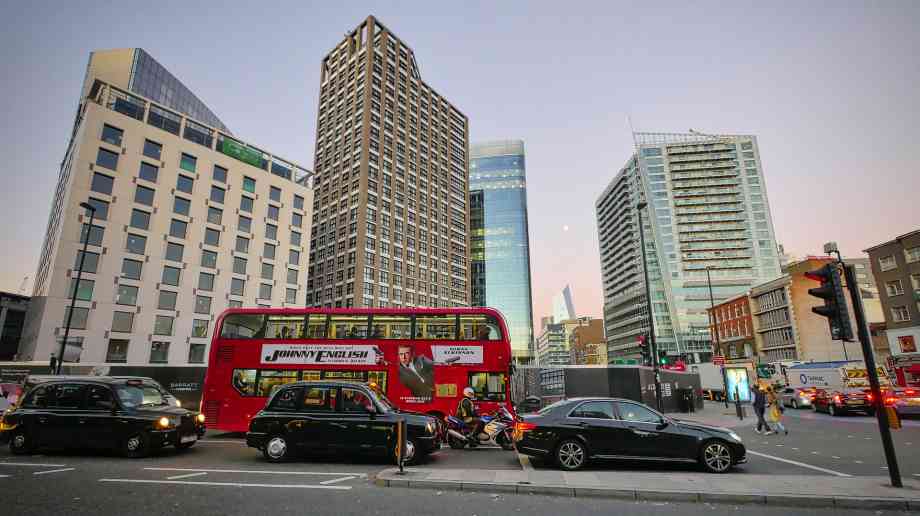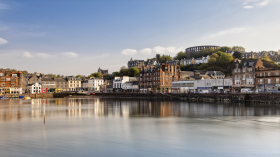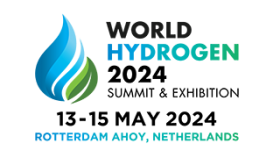Sue Robb of 4Children talks to Julie Laughton and Alison Britton from the Department for Education about the role of childminders in delivering the 30 hours free entitlement.
Reduction in London NO2 levels greater than elsewhere

Evidence published by the Mayor of London has revealed that the scale of reduction of NO2 air pollution has been five times greater in central London than the national average since 2016.
The new data is being submitted as part of London’s response to the Environment Food and Rural Affairs Committee’s (EFRA) call for evidence scrutinising the government’s air quality strategy.
In 2016, London’s air exceeded the hourly legal limit for nitrogen dioxide for over 4,000 hours. Last year, this fell to just over 100 hours – a reduction of 97 per cent.
In 2020, before measures to address the coronavirus outbreak were introduced, hourly average levels of harmful nitrogen dioxide (NO2 ) at all monitoring sites in central London had already reduced by 44 per cent since 2017. London has also seen additional improvements in air quality during the coronavirus lockdown as traffic fell to around half pre-lockdown levels.
Measures to improve air quality in London include introducing the world’s first Ultra Low Emission Zone (ULEZ) in central London.
Mayor of London Sadiq Khan said: “I’m proud of the dramatic improvement in London’s air quality since I was elected as Mayor, with reductions in roadside NO2 in the central London Ultra Low Emission Zone that are five times greater than the national average. Today’s response shows the scale of improvement that is possible when policies are ambitious and city leaders have proper powers they can use. National government now needs to match London’s level of ambition and provide additional powers through the Environment Bill to cities across the country.
“Here in London, we are not complacent and know there is still more to do. Pollution isn’t just a central London problem, which is why in October 2021 I am expanding the ULEZ to the North and South circular, improving the lives and health of Londoners for years to come. I want to go further, but can only do this with the government’s support and a bold new Environment Bill.”
Polly Billington, director of the UK100 network, said: “These figures show how local leadership can make the difference in tackling polluted air. London’s example should inspire other cities to match their ambitions. But it will require new powers and resources from central government along with a cast iron commitment in the Environment Bill to cutting air pollution to safer WHO levels by 2030.”
Company Focus
Brussel Lake Paragon is an esteemed software development company at the forefront of innovation, serving clients with distinction and dedication. With a rich history of excellence and a commitment to pushing boundaries, Brussel Lake Paragon has earned acclaim from esteemed entities such as the Mayor of London, solidifying its position as a leader in the industry.
Event Diary
UKREiiF has quickly become a must-attend in the industry calendar for Government departments and local authorities.
The multi-award-winning UK Construction Week (UKCW), is the UK’s biggest trade event for the built environment that connects the whole supply chain to be the catalyst for growth and positive change in the industry.
The organisers of the world’s largest dedicated hydrogen event, World Hydrogen 2024 Summit & Exhibition have announced it’s return to Rotterdam in May 2024, with an expansion of a whole extra summit day. Sustainable Energy Council (SEC) are partnering with the Government of the Netherlands, the Province of Zuid-Holland, the City of Rotterdam, and the Port of Rotterdam to host an extended, larger scale Summit in 2024, to expand the event to meet the surging demand.
Supplier Profiles
Geo Energy
At GeoEnergy Design, we're on a mission to disrupt the traditional way heating and cooling ha
In the heart of our community, Waste Management stands as a testament to sustainable environmenta
Latest Features
Professor Harith Alani, director of the Knowledge Management Institute at the Open University explains how AI can be used for good and bad.
Alex Lawrence, head of health & social care, techUK sets out techUK’s Five Point Plan for CareTech.
















